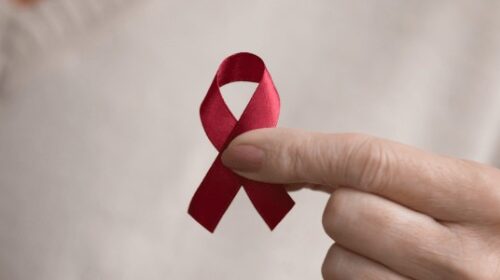Addiction and mental health issues continue to be a problem for our nation’s veterans. As we observe another Veterans Day, a 24-hour period when we celebrate the efforts, sacrifices and unmatched contributions of the retired members of our armed forces. One of the most common ways we do this is by simply and plainly “thanking” them for their service. In a recent survey, over 90 percent of respondents reported using this expression. While it seems harmless enough, the reality is that this gesture makes nearly half of all Veterans uncomfortable, and has become what many in the community feel is a shallow substitute for real support and action.
At 12:01 Tomorrow: Focusing on Addiction and Mental Health Issues among Veterans
When all the parades are finished, all the confetti is cleaned up and all the furniture sales are over, there will still be thousands of military veterans who are struggling with addiction and mental health issues who are not receiving adequate treatment:
- About 15% of Military Veterans Struggle with Past-Year Substance Use Disorder (SUD)
- 10% Returning Iraq and Afghanistan War Vets Struggle with Alcohol or Drug Abuse
- 20% of Military Vets with PTSD also Have SUD
- 30% of Military Suicides are Preceded by Alcohol or Drug Use
- 20% of High-Risk Behavior Deaths among Military Vets are Attributed to Alcohol or Drug Overdose
- Nearly 30% of Military Vets Report Past-Year Illicit Drug Use
- More than 68,000 Vets are Currently Addicted to Opioid Painkillers
- Opioid Addiction among Vets has Doubled Since 2002
- Vets who Misuse Painkillers are More than 5X More Likely than Those who Don’t to Use Heroin
These issues don’t occur for no reason, and they certainly go away on their own.
Before, During and After: What “Service” Can Mean
Combat-related physical and psychological trauma is one of the prime causes not only of mental illness like anxiety disorder and PTSD, but also of painkiller addiction and alcoholism. The decisions our servicemen and women have to make in the chaos of battle and the aftermath of these choices can lead to years-long struggles with mental illness and addiction.
Veterans also face a wide variety of adverse circumstances off the battlefield that can lead to or exacerbate mental illness. These issues can include anything from trouble finding a well-paying job, difficulty paying for education, or something more abstract like the simple inability to fit into the life they had prior to going off to protect our country. The mental health and addiction issues that veterans face are born through many circumstances, and understanding them is key to developing and allocating resources for intervention and treatment.
About Those Resources…
While resources for veterans’ addiction treatment and mental health have improved in recent years, there are still thousands that go without treatment even when they try to access it. Although the Department of Veterans Affairs offers an increasingly robust network of treatment resources, economic barriers, lack of personal support systems and other factors make accessing care more difficult for some than others. This lack of access is linked to higher rates of suicide and other serious issues. Many veterans continue to wait years to receive care as their conditions worsen, and they’re compelled to cope using other means, like drugs or alcohol.
Beyond the “Thank You”…
While it’s certainly understandable and well-intentioned to thank a veteran for their service, when these platitudes are juxtaposed with inadequate support from the civilian population, it’s easy to see why some are made uncomfortable by the gesture. Recovery Unplugged offers comprehensive specialized addiction and mental health treatment for the veteran population, and we’re committed to helping you or your loved one get the help you need 365 days per year. Our sincere gratitude for your sacrifices goes without saying, and we want to give back in whatever way we can.

























